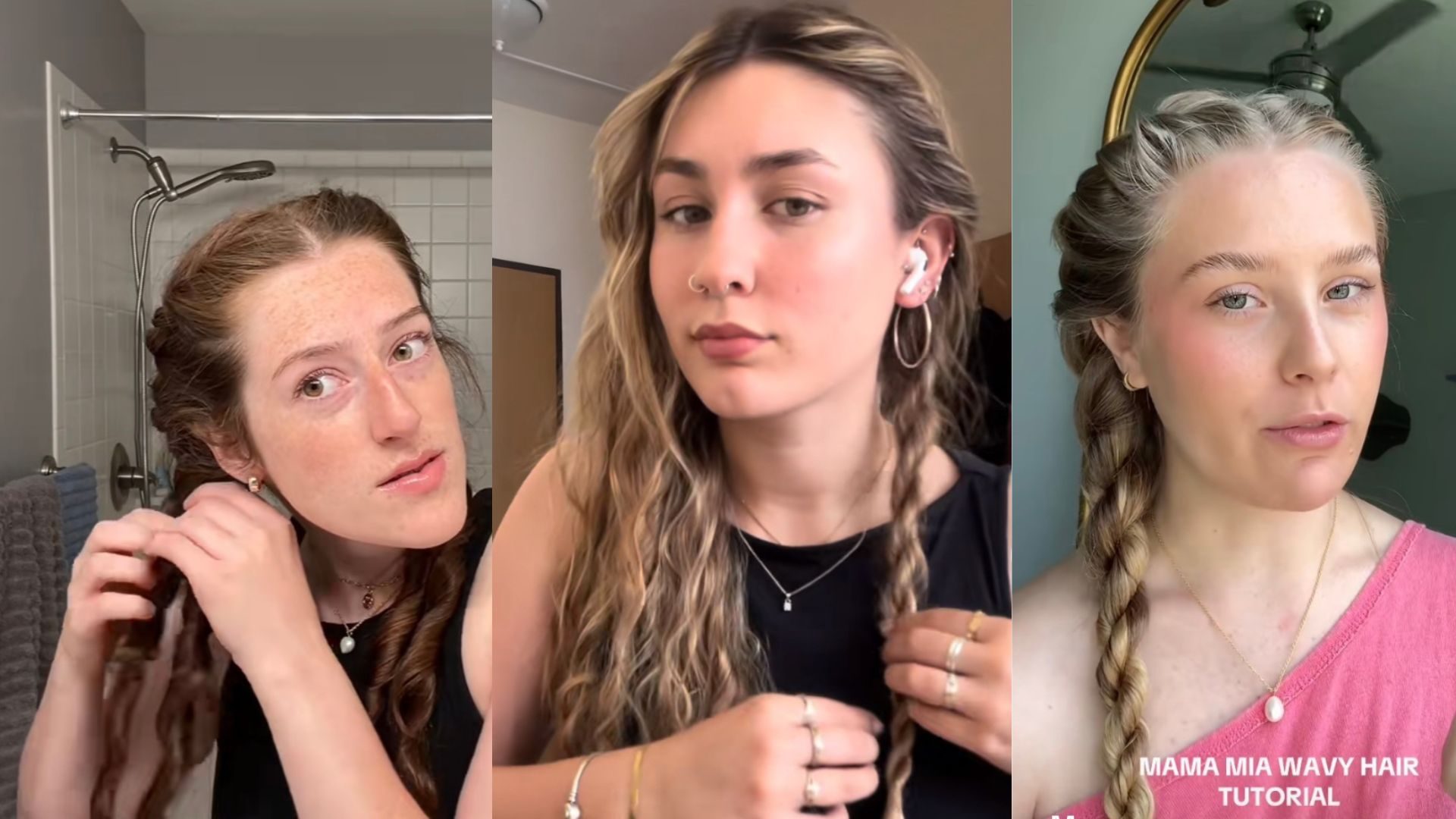
If you’re a Black Zillennial, then you know twist-outs are not a new concept. The process involves twisting sections of damp hair, allowing it to dry, and then unraveling the twists to create defined, bouncy curls. Still, even in 2024, white influencers are trying to repackage a culturally significant look.
The recent trend on TikTok of white influencers rebranding twist-outs as the Mamma Mia hairstyle has sparked significant controversy online. This constant cultural appropriation underscores the persistent issues of racial insensitivity and lack of cultural awareness that often arise in social media spaces.
This hairstyle reflects the natural beauty and versatility of Black hair and carries historical and cultural significance. For many Black girls, twist-outs are more than just a hairstyle; they celebrate heritage and an expression of identity.
The term “Mamma Mia” as a descriptor for twist-outs is problematic on multiple levels. Not only does it strip the hairstyle of its cultural origins and significance, but this kind of rebranding erases its history and meaning, reducing it to a mere trend and overall being culturally insensitive.
In this case, white TikTokers are commodifying and profiting from a hairstyle deeply rooted in Black culture without giving credit to its origins or understanding its significance, which at this point is nothing new, but continues to be disappointing that this is still occurring post “boxer braid” era.
This new “Mamma Mia” trend highlights how Black culture is often appropriated and misrepresented in mainstream media. Black hairstyles, fashion, music, and vernacular are frequently adopted by non-Black individuals who seek to appear trendy or edgy. However, these same cultural elements are often stigmatized or devalued when worn or practiced by Black people. This double standard is harmful and perpetuates systemic racism and cultural exploitation.
The backlash bubbling on TikTok includes criticism that this is not just about the misnaming of a hairstyle but about the broader disrespect and lack of recognition for Black culture and history. Influencers, particularly those with large platforms, are responsible for educating themselves about the cultural practices they engage with and giving credit where it is due.
This incident reminds us of the importance of cultural sensitivity and respect. It highlights the need for ongoing conversations about cultural appropriation and its impact on marginalized communities. Social media platforms like TikTok have the potential to be powerful tools for cultural exchange and education, but only if users approach them with respect and awareness.
The rebranding of twist-outs as “mamma mia” hairstyles by white TikTok users is a clear example of the erasing of the cultural significance of a cherished Black hairstyle. It reflects the need for greater cultural awareness, respect, and education in the digital age.
About the Author: Kenyatta Victoria is the lead writer for Essence GU, working on all things pop culture, politics, entertainment and business. Throughout her time at GU, she’s garnered devoted readers and specializes in the Zillennial point of view.